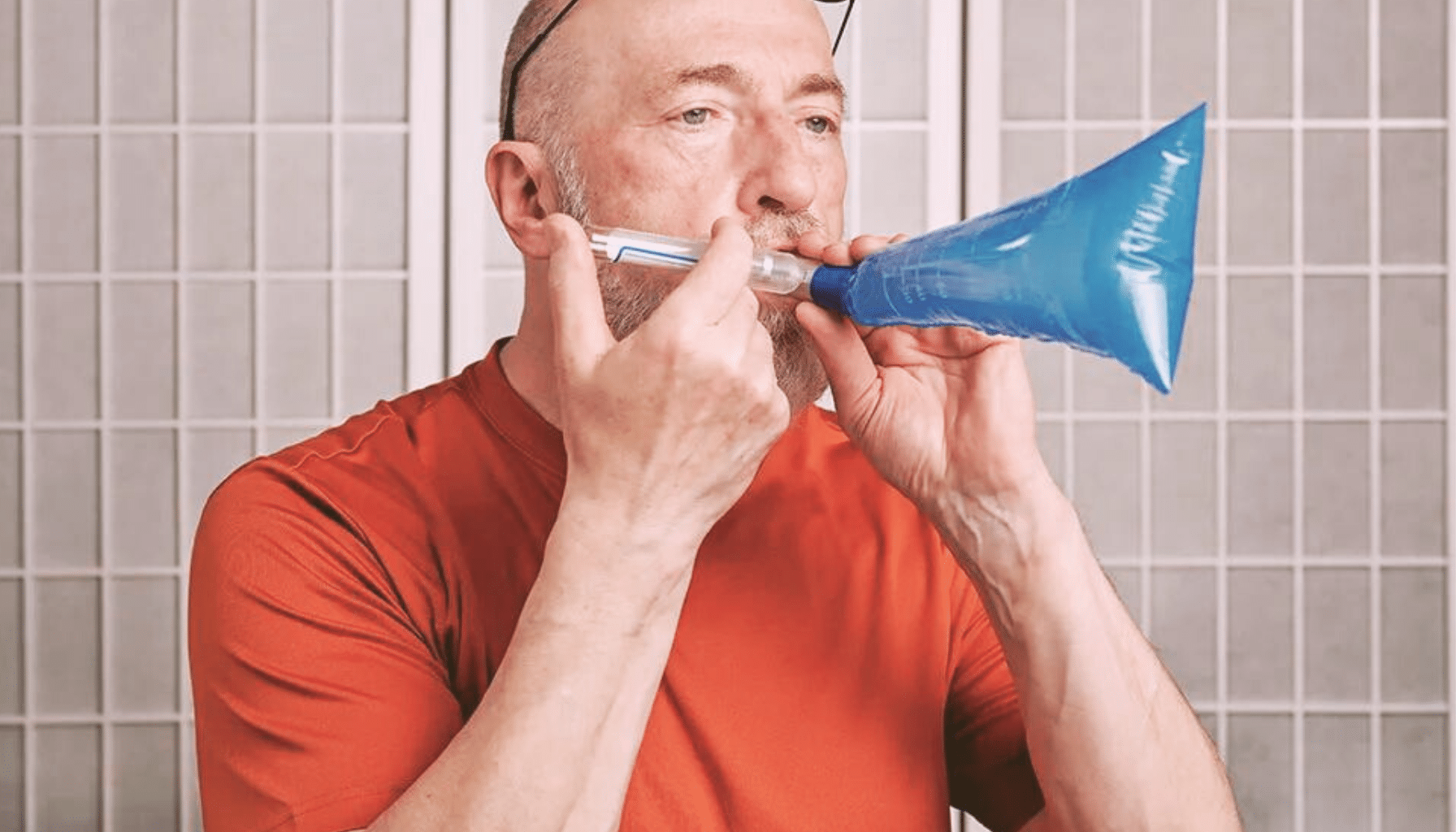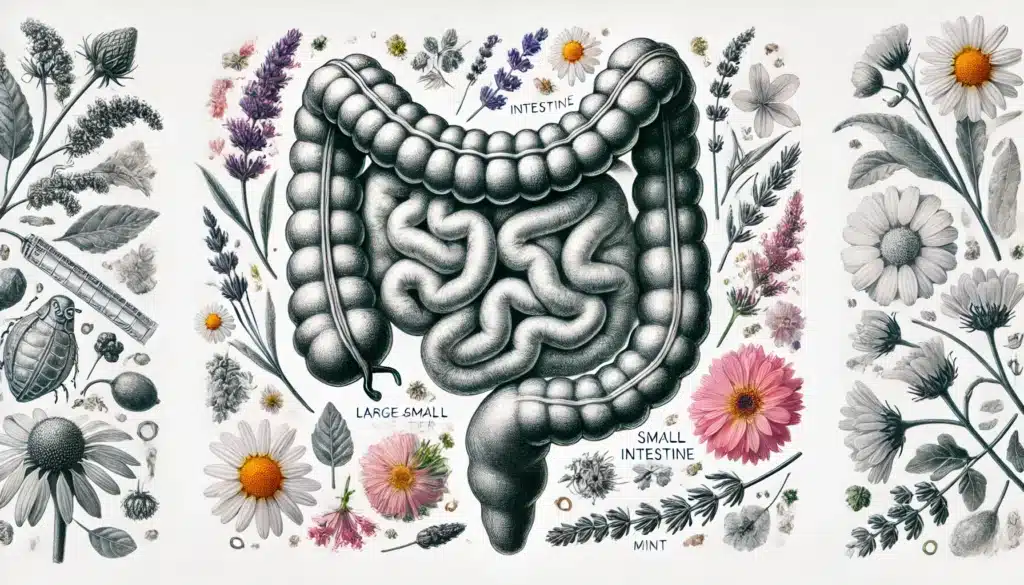Small Intestinal Bacterial Overgrowth, otherwise known as SIBO, is a digestive tract disease in which the bacteria that typically grow in the large intestine migrate to the small intestine, causing overgrowth. It is a complex disease that can be hard to diagnose, and the severity of symptoms varies from person to person. Some patients are only mildly symptomatic, while others can experience ongoing, chronic diarrhoea, bloating, and loss of appetite.
There is currently a renewed interest in SIBO from the academic standpoint, as scientists continue to investigate its association with Irritable Bowel Syndrome (IBS) and Inflammatory Bowel Disease (IBD). But in naturopathic clinics, digestive illness is one of the most common presentations, and as we’ll discover in this article, a range of naturopathic tests and treatments can diagnose and treat this condition.
In a nutshell:
- SIBO stands for small intestinal bacterial overgrowth.
- It can affect anyone but is more common in people with IBS and IBD.
- Symptoms include flatulence, diarrhoea, bloating, and abdominal pain.
- It is diagnosed via breath test and treated with naturopathic therapies and dietary planning.
What is SIBO?

Small Intestinal Bacterial Overgrowth, or SIBO for short, is a disease that causes bacterial overgrowth in the small intestine. Interestingly, bacterial variety in the stomach and small intestine is different from that in the colon. SIBO is the disease that occurs when the bacteria we would typically see in the colon (large intestine) is found in the small intestine. The general consensus is that stasis is the primary cause of SIBO, or intestinal slowing. There are several potential contributors to intestinal stasis, including the following:
- IBS and IBD
- Gastrointestinal surgery
- Food poisoning or gastro infections
- Diabetes
- Certain medications (such as Protein Pump Inhibitors)
Any interruption to healthy gut motility can result in the proliferation of bacteria in the small intestine and therefore lead to SIBO. This is why we often see this disease in people with other gastrointestinal disorders, although it can sometimes present on its own.
A note on the role of the small intestine
The small intestine is the organ connecting the stomach to the large intestine, and its primary role is to digest and absorb nutrients from your food. It is relatively low in microbiota, especially when compared to the large intestine. Rather, the small intestine contains digestive substances that promote an acidic environment, which controls and limits bacterial overgrowth.
The overgrowth of bacteria in the small intestine disrupts the ability of the small intestine to do its job. Therefore, chronic and untreated SIBO can lead to chronic malabsorption, as the intestine cannot properly absorb food. This leads to a variety of symptoms including fatigue, nutritional deficiency, and unintended weight loss.
6 signs and symptoms of SIBO

As we already mentioned, the symptoms and more pertinently, the severity of SIBO varies from person to person. If you experience any of the following 6 signs and symptoms, you may be experiencing SIBO.
1. Bloating — especially after meals
Bloating is usually one of the first symptoms that people with SIBO experience. The excessive amounts of bacteria in the small intestine produce gases, which creates bloating and distension. Clients often report that bloating is worse after a carbohydrate-rich meal.
2. Abdominal pain and cramping
The same mechanism that causes bloating can also cause pain and cramping. As gas builds in the small intestine, people may experience pain until the gas moves down the digestive tract. This cramping is often felt under the sternum.
3. Belching and flatulence
Burping and flatulence are extremely common signs of SIBO. Again, this relates to the volume of gas produced in the small intestine as a result of bacterial overgrowth. This is also why it is diagnosed by a breath test — but more on that a little later.
4. Diarrhoea, constipation, or both
It’s not entirely clear why SIBO causes diarrhoea and constipation, and not all people with SIBO experience these symptoms. Some people experience both — which can be frustrating and distressing. The primary theory is that osmotic changes in the intestine cause diarrhoea and constipation in SIBO, but further research is required to fully understand this part of SIBO pathogenesis.
5. Chronic reflux
Acid reflux and indigestion are common symptoms, and interestingly, some SIBO cases are thought to be caused by excessive and prolonged use of Protein Pump Inhibitors (PPI’s, the first-line pharmaceutical drug treatment for reflux). Therefore, reflux might be a type of rebound symptom in those whose SIBO is caused by PPI use.
6. SIBO may be caused by a history of gastrointestinal surgery and disease
Overall, SIBO appears to be more common in those with IBS and IBD, so a history of these diseases may be a sign that underlying your symptoms are the excessive amounts of bacteria in the small intestine. There is also a strong connection between gastrointestinal surgery and the onset of SIBO. Finally, a bad bout of food poisoning or parasitic infections can also be a precursor to SIBO.
How is SIBO diagnosed and treated?

SIBO is most commonly tested with a non-invasive breath test. First, a carbohydrate substrate beverage consisting of lactulose and glucose is consumed, followed by a night of fasting. Breath samples are then collected every 20 minutes for a total of 3 hours and sent off for analysis. The test detects high levels of hydrogen and methane in the first 100 minutes, indicating a positive result. This occurs because hydrogen and methane gases are produced by the bacteria indicated in SIBO, are absorbed in the bloodstream and then released in the breath.
Treatment for SIBO is highly personalised and is hard to eradicate. The treatment objective is to normalize migrating motor complex function, which our clients achieve through naturopathic therapies and dietary measures.
SIBO diagnosis is extremely important to carry out, as the symptom presentation is very similar to IBS and other digestive diseases. Many of the treatment protocols for IBS are contraindicated in SIBO, as probiotics and other supplements containing carbohydrates and sugars can further exacerbate SIBO. It’s therefore important to rule out SIBO in IBS cases to avoid worsening of symptoms.
If you’re interested in learning more about SIBO or think you might be experiencing SIBO, click this link to book in to the clinic and see one of our practitioners.

